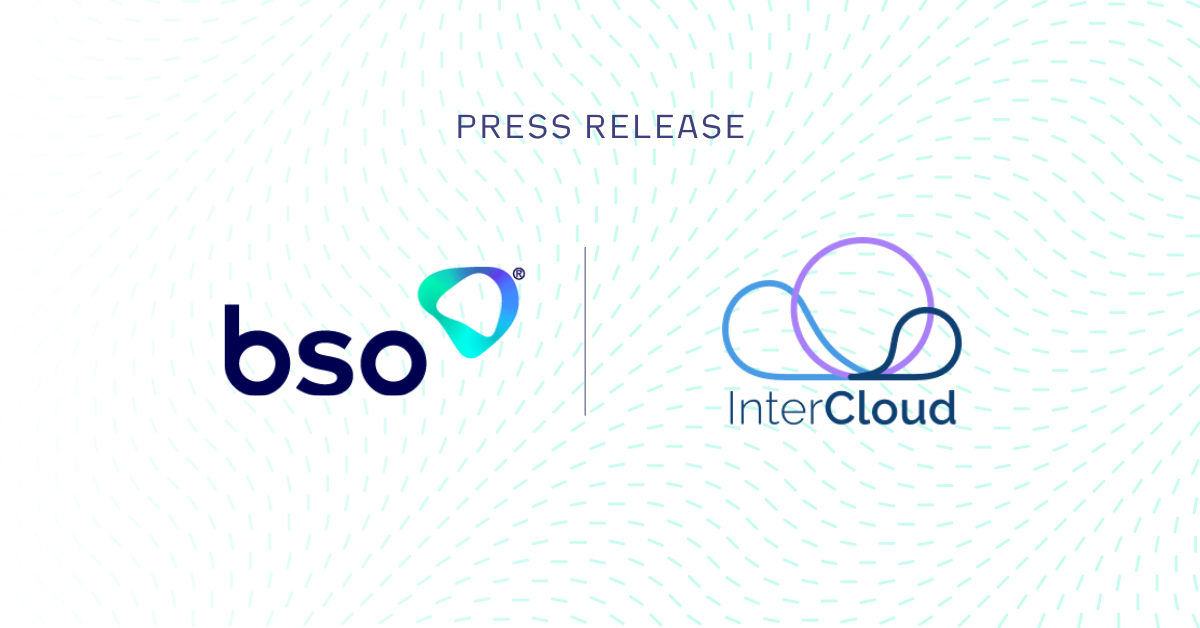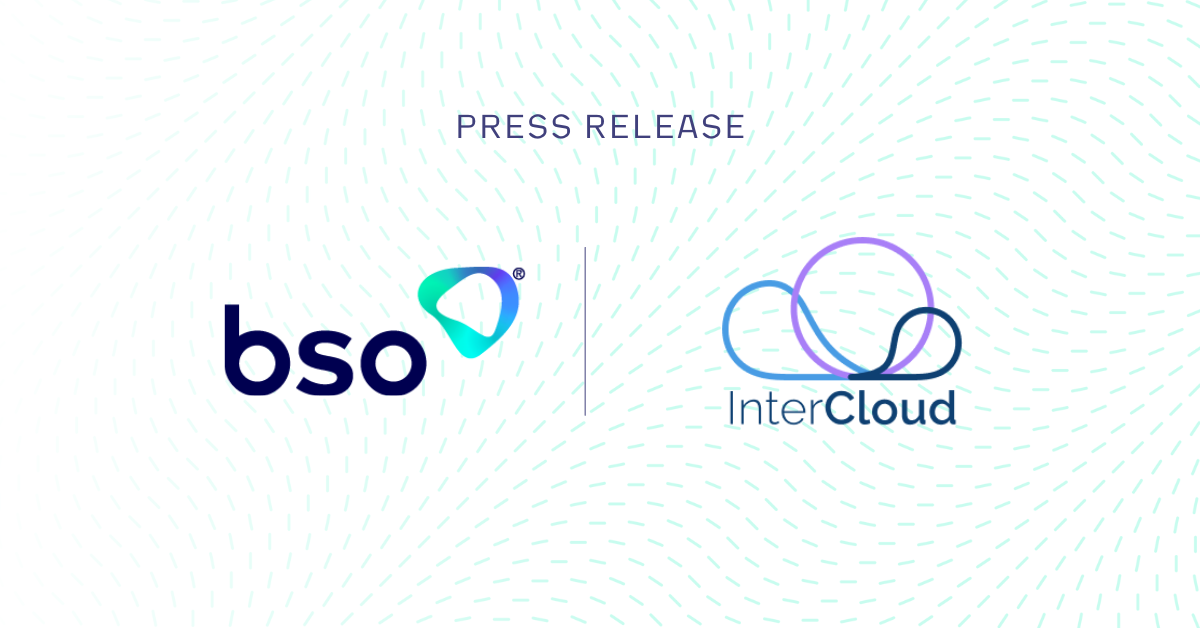
As of 2023, the global community of online shoppers has reached 2.64 billion, accounting for over a third of the world's population. In the United States, this trend is even more pronounced, with 274.70 million individuals engaging in online shopping, representing over 81% of the country's total population.
This shift in spending habits has created a major opportunity for retailers to focus their business models on web sales – and with that has come a rise in cyber crime. In 2022, the global e-commerce market was valued at $18.98 trillion. According to a recent report by Research and Markets, it is forecasted to expand to $47.73 trillion by 2030. This growth is expected to occur at a compound annual growth rate of 12.22% from 2022 to 2030. With this increasing growth, it’s become a ripe opportunity for cybercriminals.
In addition to credit card and cyber security breaches, online retailers have fallen victim to Distributed Denial of Service (DDoS) attacks capable of impacting the performance of – and even shutting down – their e-commerce sites. Though oftentimes not directed at stealing money, downtime caused by the attacks has a direct correlation to missed sales. A down site can also cause customers to lose confidence in the reliability of a website and take their business elsewhere, resulting in missed sales opportunities.
The loss of trust and confidence of customers is the most damaging consequence of a DDoS attack, according to Corero Network Security’s 2016 DDoS Impact Survey. IT decision makers (ITDMs), network operators and security experts weighed in on the survey, which also found that losing trust is the most damaging consequence for 50% of those surveyed, followed by lost revenue, for 34%.
What is a DDoS attack?
A DDoS attack is an attempt to make an online service unavailable by overwhelming it with traffic from multiple sources. These attacks target a wide variety of important resources, from banks to e-commerce spaces, and present a major challenge to accessing important information.
DDoS attacks, which are not large-scale by nature, can be devastating to business. They can impact network performance, ultimately ruining the end user experience. What’s even more troubling is that such attacks are usually used as a diversion for a more malicious attack.
How to prevent DDoS attacks?
To safeguard against DDoS attacks, especially during peak traffic times or across large, distributed networks, consider these strategies:
-
Attack Surface Reduction: Beyond basic measures, this involves a comprehensive audit of network components and services to identify and eliminate potential vulnerabilities. Regularly updating systems and using advanced firewall configurations can also be crucial.
-
Anycast Network Diffusion: This approach not only spreads traffic but also incorporates advanced routing techniques to intelligently distribute load, improving overall network resilience and reducing the potential impact of targeted attacks.
-
Real-time, Adaptive Threat Monitoring: This involves deploying sophisticated AI and machine learning algorithms for dynamic analysis, ensuring that defences evolve in response to emerging threat patterns and techniques.
-
Caching: Advanced caching strategies might include geographic distribution of content and intelligent content refresh policies, reducing load while maintaining content availability and freshness.
-
Rate Limiting: Implementing smart rate-limiting that adapts to user behaviour and traffic patterns can help in distinguishing between legitimate spikes in demand and malicious traffic, offering a more nuanced approach to traffic management.
Mitigating the risk of DDoS attacks
BSO provides a full portfolio of cybercrime protection and intelligence services that reduce the risk posed by DDoS attacks and other online threats. We fight back against the cybercriminals that target your customers, shutting down attacks and proactively disabling the ecosystem of tools and systems they depend on. Our unique approach deters cybercriminals, preventing future attacks against you and your customers.
We help e-commerce businesses protect customer confidence in the integrity of their online and mobile business channels with our DDoS mitigation services. In addition, we provide the real-time intelligence on DDoS threats needed to avoid performance issues and site disruption. By partnering with BSO, online retailers and e-commerce businesses minimise losses due to online fraud and avoid disruptions to the customer experience.
Today’s retailers have to take extra precautions and remain alert to ensure a safe digital environment for their website and customers. A DDoS attack is not simply a nuisance; it can have serious business consequences from lost revenue to loss of customer trust.
To learn more about BSO’s anti-DDoS services, get in touch.
ABOUT BSO
The company was founded in 2004 and serves the world’s largest financial institutions. BSO is a global pioneering infrastructure and connectivity provider, helping over 600 data-intensive businesses across diverse markets, including financial services, technology, energy, e-commerce, media and others. BSO owns and provides mission-critical infrastructure, including network connectivity, cloud solutions, managed services and hosting, that are specific and dedicated to each customer served.
The company’s network comprises 240+ PoPs across 33 markets, 50+ cloud on-ramps, is integrated with all major public cloud providers and connects to 75+ on-net internet exchanges and 30+ stock exchanges. The team of experts works closely with customers in order to create solutions that meet the detailed and specific needs of their business, providing the latency, resilience and security they need regardless of location.
BSO is headquartered in Ireland, and has 11 offices across the globe, including London, New York, Paris, Dubai, Hong Kong and Singapore. Access our website and find out more information: www.bso.co
SALES ENQUIRY
Get in touch now. Find out how we can transform your business_
You might be interested in_
THE BSO DIFFERENCE
The industries we work across_





/Revolutionising-Connectivity%20BSOs-Tailored-Cloud-Solution-for-CryptoStruct-GmbH.png?width=1050&height=550&name=Revolutionising-Connectivity%20BSOs-Tailored-Cloud-Solution-for-CryptoStruct-GmbH.png)
/6%20Cloud%20Best%20Practices%20for%20Financial%20Technology%20Companies.jpg?width=1200&height=600&name=6%20Cloud%20Best%20Practices%20for%20Financial%20Technology%20Companies.jpg)








